Pranab Mukherjee is expected to raise the income tax exemption limit to at least Rs 2 lakh in his budget proposals to be unveiled in the Lok Sabha
Tax payers will be looking forward to some relief from Finance Minister Pranab Mukherjee who is expected to raise the income tax exemption limit to at least Rs 2 lakh in his budget proposals to be unveiled in the Lok Sabha on Friday.
The Minister may also marginally raise the slabs in other tax brackets of 10 per cent, 20 per cent and 30 per cent. The Direct Taxes Code (DTC) Bill has also made a mention of it.
The DTC, which will replace the Income Tax 1961, however, will only come into force from 2013-14 and the Minister may make a formal announcement on it in his budget speech.
The Standing Committee of Parliament that has scrutinised the DTC Bill has already submitted its report to the Lok Sabha Speaker.
Although the Committee had suggested raising the tax exemption limit to Rs 3 lakh, it is unlikely that Mukherjee will agree to it in view of the need to contain fiscal deficit.
With limited space for give aways, the Budget is likely to balance populism with some tough measures to check tax evasion and generation of black money.
However, in view of reverses in the recently concluded state assembly elections, Mukherjee may go slow on economic reforms like FDI in multi-brand retail and further opening of the insurance sector to foreign investment.
There could be some bad news for prospective car buyers as government may hike duties on luxury items to raise resources.
The biggest challenge before Mukherjee would be to arrest decline in economic growth which is expected to touch a three year low of 6.9 per cent in the current fiscal, down from 8.4% in the two previous years.
Further, the government is likely to set disinvestment target for the next fiscal at Rs 30,000 crore.
Persistent inflationary pressures despite hawkish monetary policies, high fiscal deficit and rising oil prices are also straining the country's economic parameters.
Tomorrow's Budget, that would set the ball rolling for initiatives in the 12th Five-Year Plan period (2012-17), comes against the backdrop of slowing economic growth projected to be 6.9% in the current fiscal.
"With agriculture and services continuing to perform well, India's slowdown can be attributed almost entirely to weakening industrial growth," according to the Economic Survey tabled in the Parliament on Thursday.
Further, the government is facing the challenge of reining in fiscal deficit. The target of 4.6% deficit for the current financial year would not be met, mainly on account of rise in subsidies and lower realisation from disinvestments.
Overall inflation inched up to 6.95% in February compared to 6.55% in the previous month. However, the government is optimistic it would come down to about 6.5% by March end.
The Reserve Bank of India (RBI) on Thursday left the key rates unchanged while asserting that future policy action would be determined by the movement in inflation.
Last week, the RBI reduced Cash Reserve Ratio (CRR) --the percentage of deposits banks have to keep with the apex bank -- to 4.75% from 5.5%.
On the other hand, the government's efforts to raise money through disinvestments this fiscal has not met with much success. So far, only about Rs 14,000 crore has been mopped up by way of divestments in public sector undertakings (PSUs) as against the target of Rs 40,000 crore.
While Rs 1,145 crore was raised through an follow-on public offer (FPO) of PFC, Rs 12,767 crore came from 5 per cent stake auction in ONGC.
![submenu-img]() Verantes Living Awarded as India’s No.1 Stainless Steel Modular Kitchen Brand
Verantes Living Awarded as India’s No.1 Stainless Steel Modular Kitchen Brand![submenu-img]() Narayana Murthy’s Infosys set to invest Rs 170000000 in this startup
Narayana Murthy’s Infosys set to invest Rs 170000000 in this startup![submenu-img]() 'Towards reducing pollution..': Delhi govt approves replacement, induction of electric vehicles in 'Gramin Sewa'
'Towards reducing pollution..': Delhi govt approves replacement, induction of electric vehicles in 'Gramin Sewa'![submenu-img]() Discover Stainless France, the Leading Supplier of Cobalt Chrome
Discover Stainless France, the Leading Supplier of Cobalt Chrome![submenu-img]() Kritika Kamra says men should take responsibility for fighting sexism: 'There's a thin line between...'
Kritika Kamra says men should take responsibility for fighting sexism: 'There's a thin line between...'![submenu-img]() हाईकोर्ट के जज ने मुस्लिम इलाके को बताया 'मिनी पाकिस्तान', सुप्रीम कोर्ट ने लगाई कड़ी फटकार, जानें पूरी बात
हाईकोर्ट के जज ने मुस्लिम इलाके को बताया 'मिनी पाकिस्तान', सुप्रीम कोर्ट ने लगाई कड़ी फटकार, जानें पूरी बात![submenu-img]() SC का यूट्यूब चैनल हुआ हैक, चलने लगा अमेरिकी क्रिप्टोकरेंसी का ऐड, कोर्ट ने NIC से मांगी मदद
SC का यूट्यूब चैनल हुआ हैक, चलने लगा अमेरिकी क्रिप्टोकरेंसी का ऐड, कोर्ट ने NIC से मांगी मदद![submenu-img]() Astronaut sunita williams ने अंतरिक्ष में मनाया बर्थडे, पढ़ाई और स्पेस स्टेशन की मरम्मत कर खास बनाया दिन
Astronaut sunita williams ने अंतरिक्ष में मनाया बर्थडे, पढ़ाई और स्पेस स्टेशन की मरम्मत कर खास बनाया दिन![submenu-img]() पाकिस्तानी सेना पर दक्षिणी वजीरिस्तान में बड़ा हमला, 6 जवानों की मौत, कई जख्मी
पाकिस्तानी सेना पर दक्षिणी वजीरिस्तान में बड़ा हमला, 6 जवानों की मौत, कई जख्मी![submenu-img]() RITES shares: रेलवे PSU के शेयर में आज 48% की गिरावट क्यों देखी जा रही है, समझें पूरा मामला
RITES shares: रेलवे PSU के शेयर में आज 48% की गिरावट क्यों देखी जा रही है, समझें पूरा मामला![submenu-img]() Ford to return to India after 2 years with reopening of....
Ford to return to India after 2 years with reopening of....![submenu-img]() Maruti Suzuki launches new Swift CNG, check price, mileage, other features
Maruti Suzuki launches new Swift CNG, check price, mileage, other features![submenu-img]() ‘30 LPA, 3BHK, no in-laws’: Woman earning Rs 1.32 lakh salary lists demands for future husband, netizens say...
‘30 LPA, 3BHK, no in-laws’: Woman earning Rs 1.32 lakh salary lists demands for future husband, netizens say...![submenu-img]() In a big EV push, Centre launches Rs 10900 crore PM E-Drive scheme to replace…
In a big EV push, Centre launches Rs 10900 crore PM E-Drive scheme to replace…![submenu-img]() World’s longest car has helipad, swimming pool, mini-golf course, can seat over…; it cost…
World’s longest car has helipad, swimming pool, mini-golf course, can seat over…; it cost…![submenu-img]() Meet IPS officer who has resigned after serving for 18 yrs due to...
Meet IPS officer who has resigned after serving for 18 yrs due to...![submenu-img]() Meet Indian man, who got hired whopping Rs 12000000 crore salary job, not from IIT, IIM he is...
Meet Indian man, who got hired whopping Rs 12000000 crore salary job, not from IIT, IIM he is...![submenu-img]() Meet woman who left medical career for UPSC exam , became IPS with AIR 165 then left job due to...
Meet woman who left medical career for UPSC exam , became IPS with AIR 165 then left job due to...![submenu-img]() Meet man, who left NDA due to depression, then cracked UPSC exam to become IAS officer, his AIR was...
Meet man, who left NDA due to depression, then cracked UPSC exam to become IAS officer, his AIR was...![submenu-img]() Meet youngest CEO of India, who created first app at 9, began his own company at 13, now he is…
Meet youngest CEO of India, who created first app at 9, began his own company at 13, now he is…![submenu-img]() Congress President Kharge Slams & Opposes 'One Nation, One Election' Proposal, Calls It Impractical
Congress President Kharge Slams & Opposes 'One Nation, One Election' Proposal, Calls It Impractical![submenu-img]() Why 'One Nation One Election' Is important? Ashwini Vaishnaw Explains After It Gets Cabinet Approval
Why 'One Nation One Election' Is important? Ashwini Vaishnaw Explains After It Gets Cabinet Approval![submenu-img]() Jammu Kashmir Assembly Election 2024 Phase 1 Highlights: What Happened In First phase In J&K Polls?
Jammu Kashmir Assembly Election 2024 Phase 1 Highlights: What Happened In First phase In J&K Polls?![submenu-img]() One Nation One Election: Centre Clears Proposal, Bill To Be Introduced In Winter Session | Modi 3.0
One Nation One Election: Centre Clears Proposal, Bill To Be Introduced In Winter Session | Modi 3.0![submenu-img]() Haryana Elections 2024: Is BJP Set To Lose In Haryana? Anti-Incumbency And Other Factors Analysed
Haryana Elections 2024: Is BJP Set To Lose In Haryana? Anti-Incumbency And Other Factors Analysed![submenu-img]() Verantes Living Awarded as India’s No.1 Stainless Steel Modular Kitchen Brand
Verantes Living Awarded as India’s No.1 Stainless Steel Modular Kitchen Brand![submenu-img]() Narayana Murthy’s Infosys set to invest Rs 170000000 in this startup
Narayana Murthy’s Infosys set to invest Rs 170000000 in this startup![submenu-img]() Discover Stainless France, the Leading Supplier of Cobalt Chrome
Discover Stainless France, the Leading Supplier of Cobalt Chrome![submenu-img]() ITR filing: Haven’t received your income tax refund yet? Here’s what you should do
ITR filing: Haven’t received your income tax refund yet? Here’s what you should do![submenu-img]() Meet ‘delivery boy’ who beats Mukesh Ambani in world’s billionaire list, his net worth is…
Meet ‘delivery boy’ who beats Mukesh Ambani in world’s billionaire list, his net worth is…![submenu-img]() In pics: Saiyami Kher conquers Ironman triathlon in Germany, swims, cycles, runs to complete endurance races
In pics: Saiyami Kher conquers Ironman triathlon in Germany, swims, cycles, runs to complete endurance races![submenu-img]() Meet IAS officer, who cracked in UPSC exam along with full-time job, her AIR was...
Meet IAS officer, who cracked in UPSC exam along with full-time job, her AIR was...![submenu-img]() In pics | India vs Bangladesh 1st Test, Day 1
In pics | India vs Bangladesh 1st Test, Day 1![submenu-img]() From Mechuka to Hayuliang village: Explore lesser-known destinations of Arunachal Pradesh
From Mechuka to Hayuliang village: Explore lesser-known destinations of Arunachal Pradesh![submenu-img]() From Simlipal National Park to Mahendragiri: Top 6 hidden gems to discover in Odisha
From Simlipal National Park to Mahendragiri: Top 6 hidden gems to discover in Odisha![submenu-img]() 'Towards reducing pollution..': Delhi govt approves replacement, induction of electric vehicles in 'Gramin Sewa'
'Towards reducing pollution..': Delhi govt approves replacement, induction of electric vehicles in 'Gramin Sewa'![submenu-img]() More trouble for ex-RG Kar principal Sandip Ghosh, Bengal medical body now...
More trouble for ex-RG Kar principal Sandip Ghosh, Bengal medical body now...![submenu-img]() Tirupati Laddu row: Lab report confirms prasada contains beef fat, fish oil
Tirupati Laddu row: Lab report confirms prasada contains beef fat, fish oil![submenu-img]() Delhi: Water supply to be shut down in capital for 12 hours tomorrow due to…; check list of affected areas
Delhi: Water supply to be shut down in capital for 12 hours tomorrow due to…; check list of affected areas![submenu-img]() FATF says India faces severe 'terrorist financing threats' from...
FATF says India faces severe 'terrorist financing threats' from...


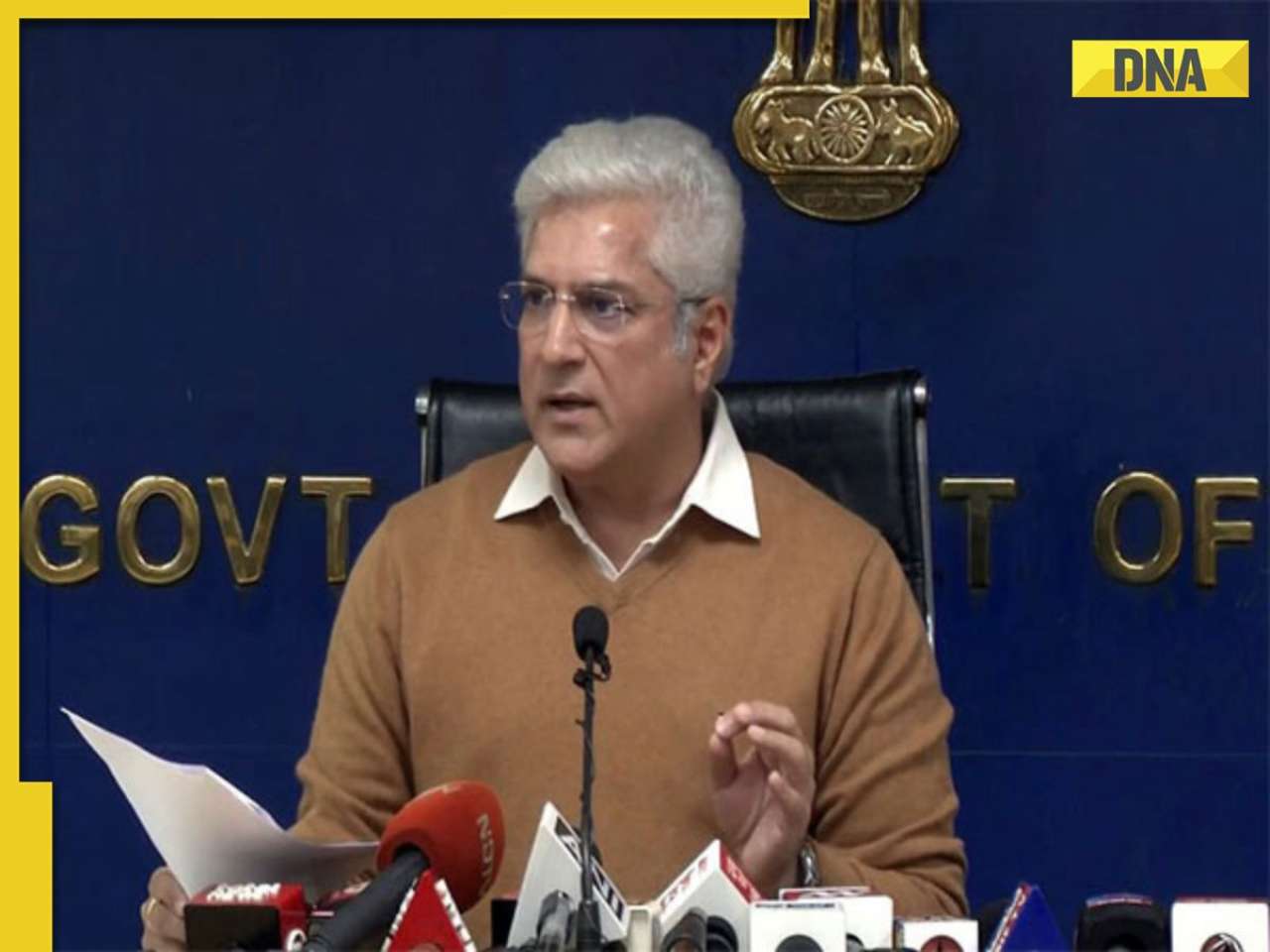








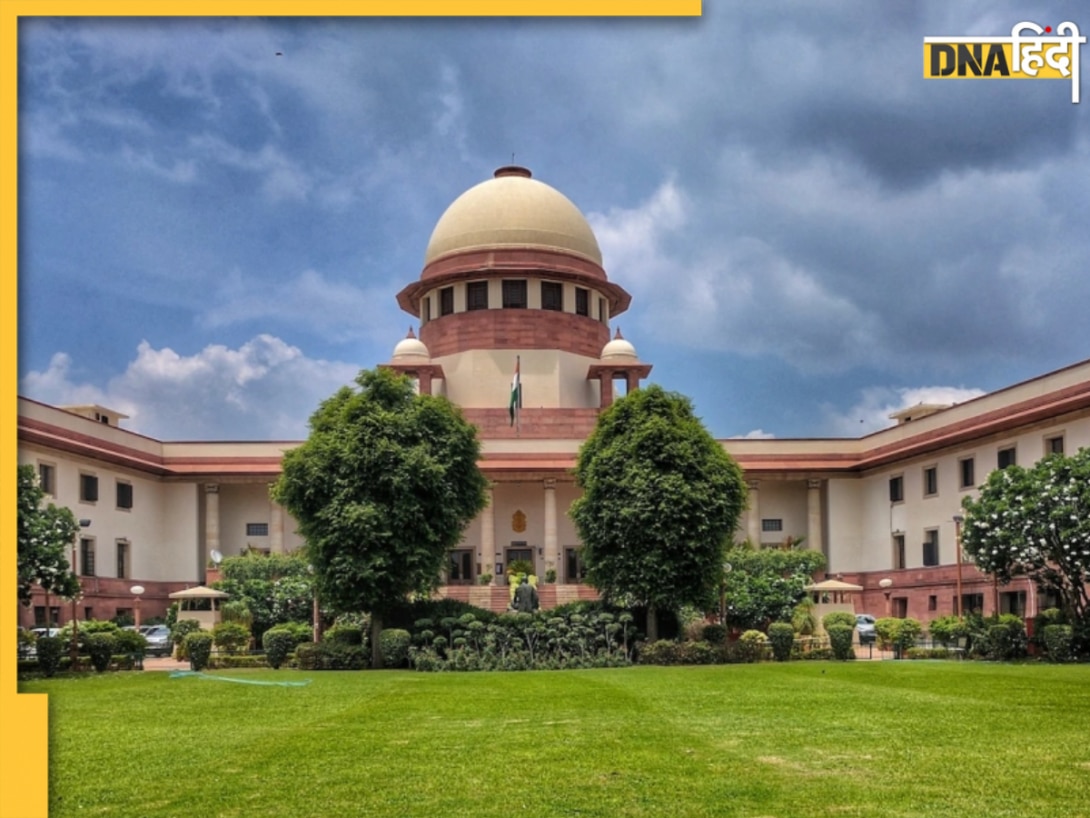













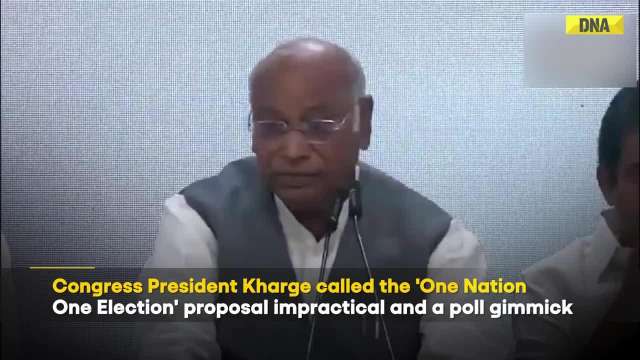
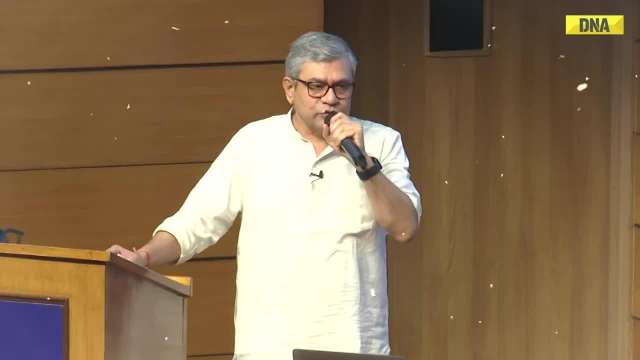

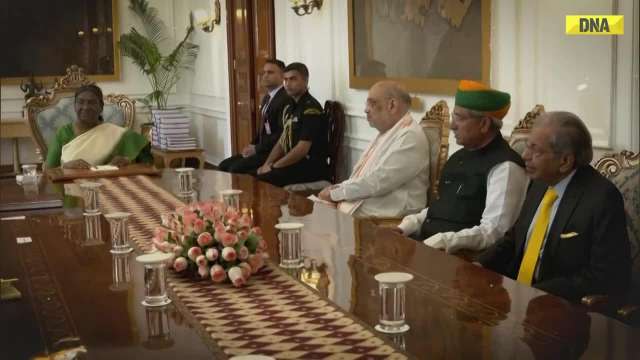

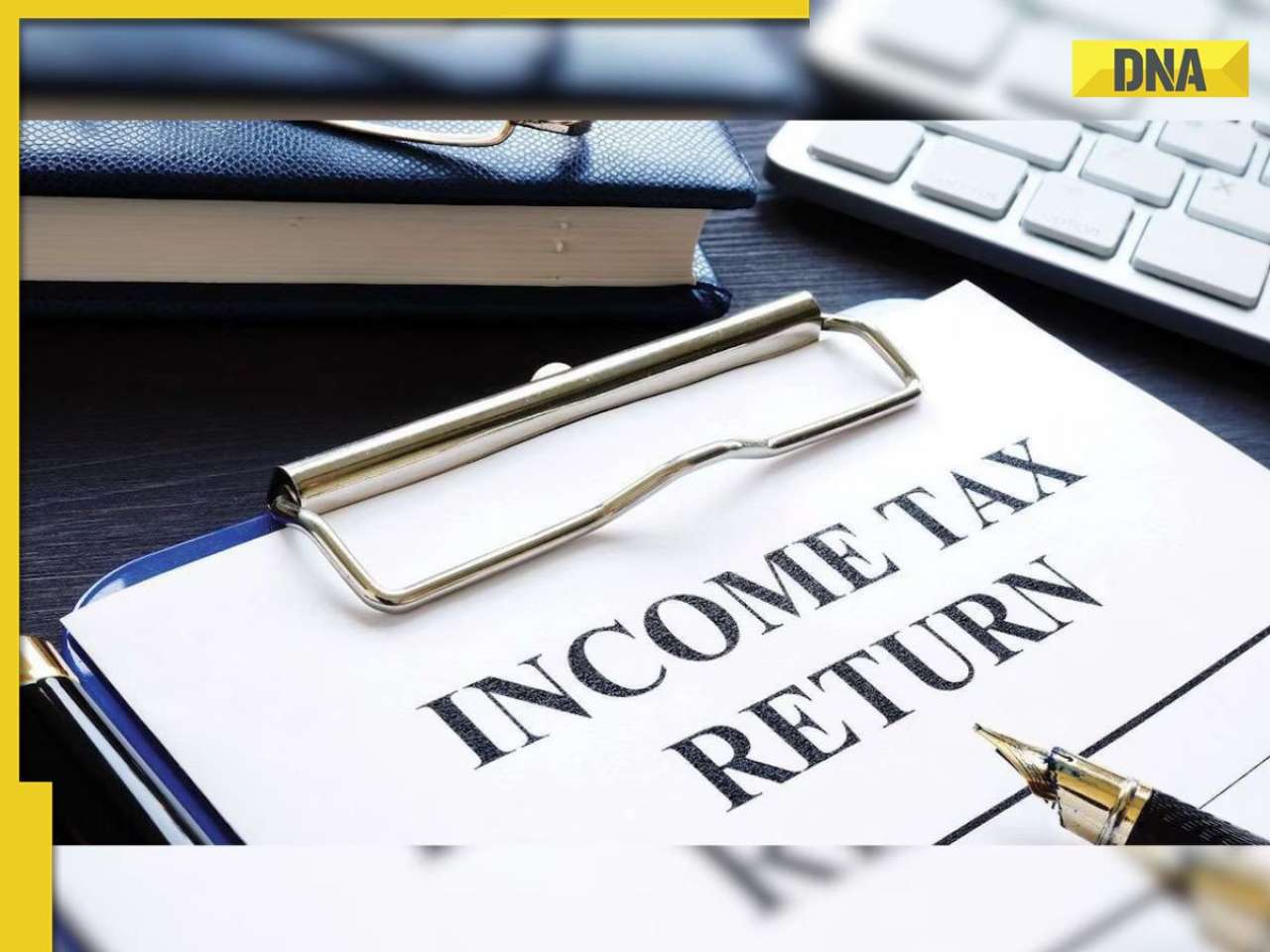
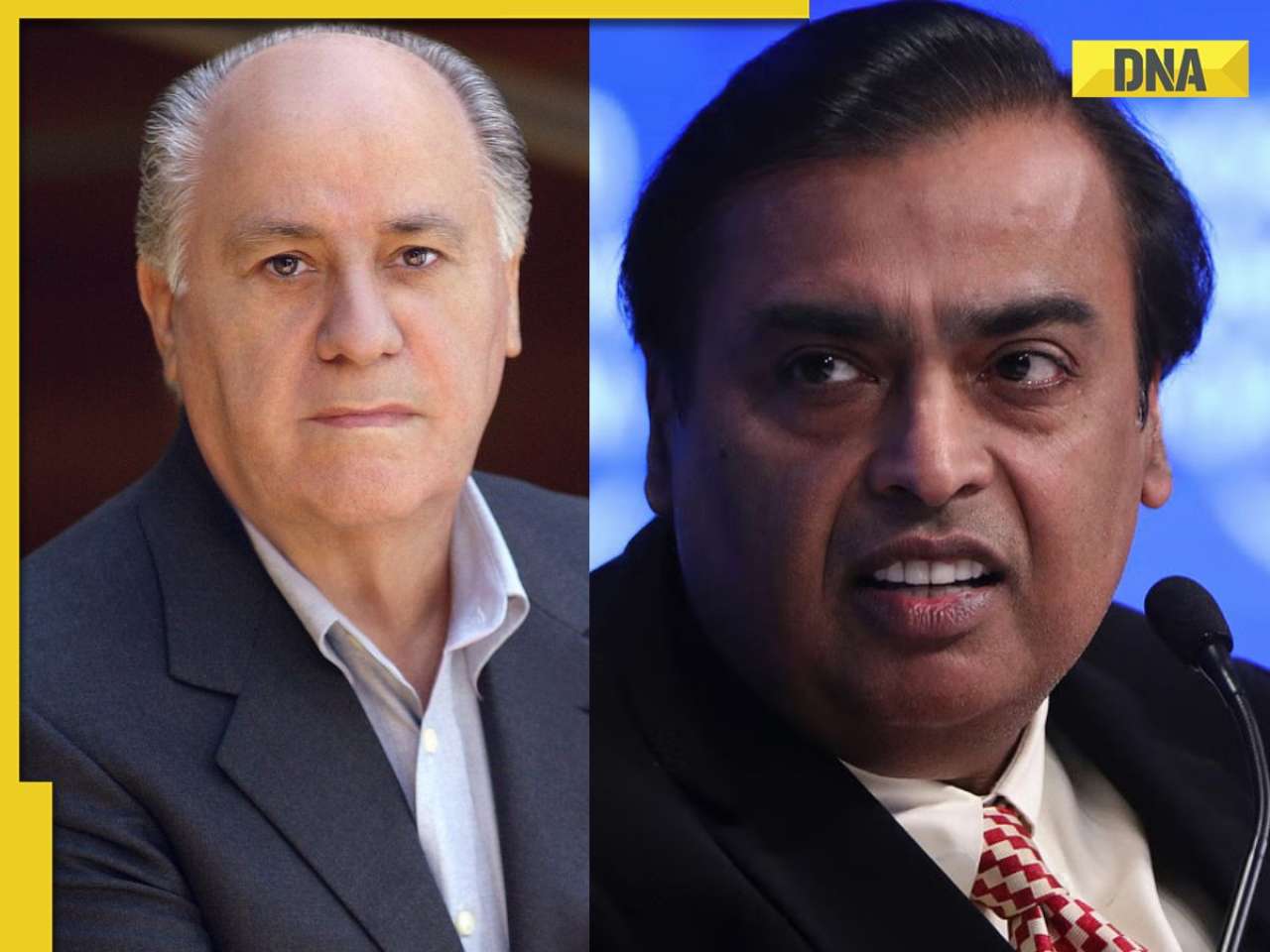





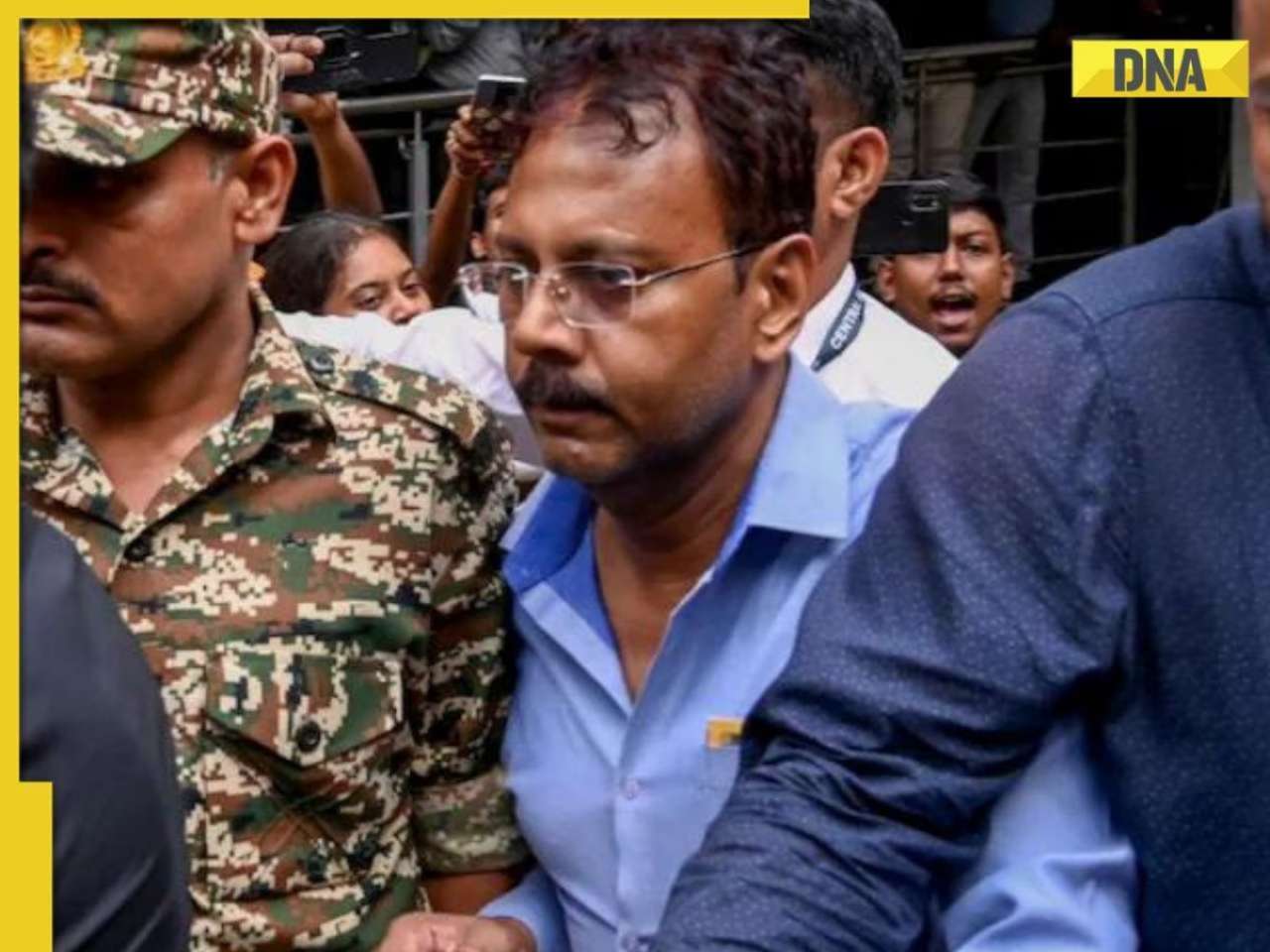

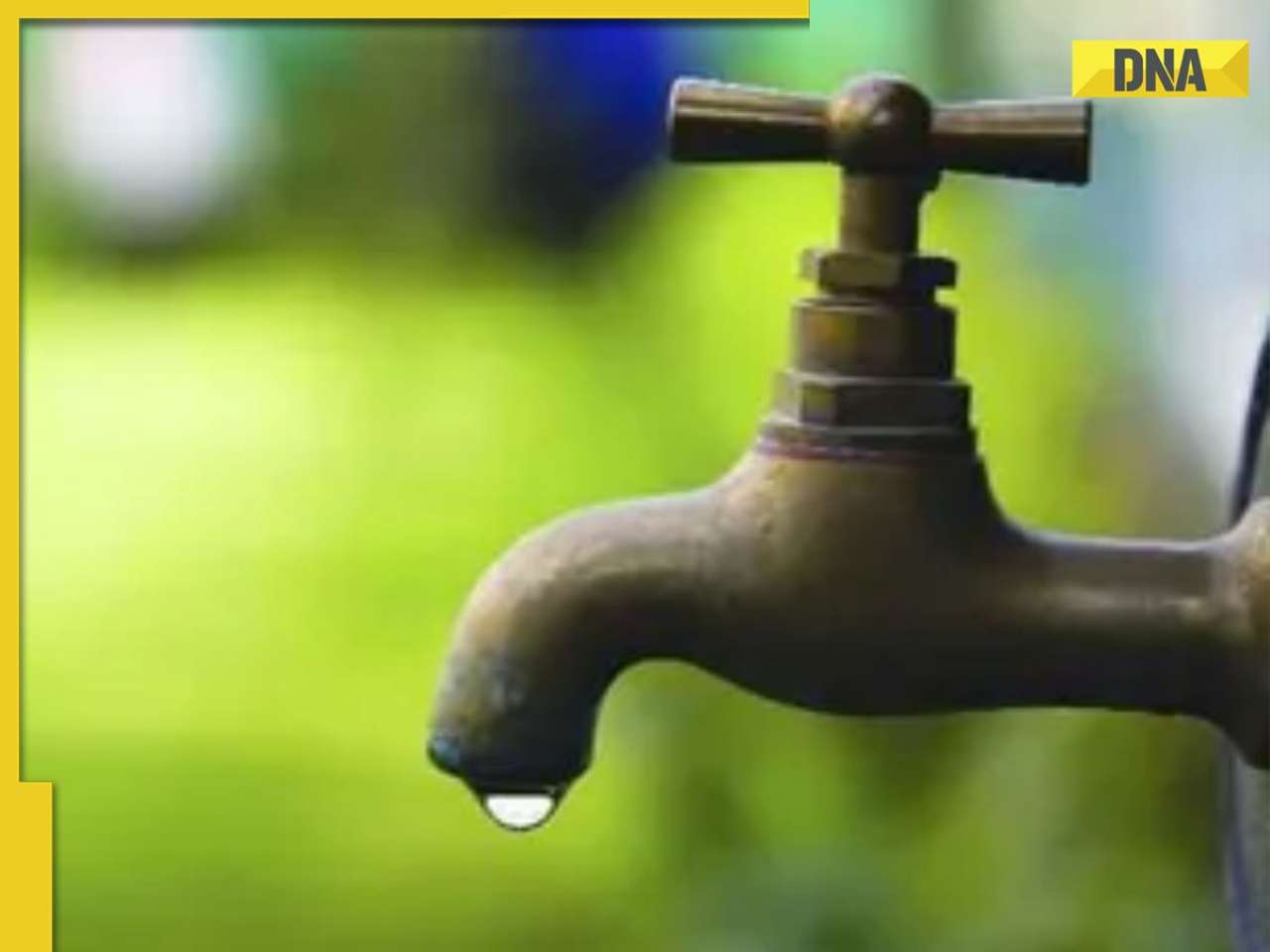



)
)
)
)
)
)
)
)
)
)
)
)
)
)





)
)
)
)
)
)